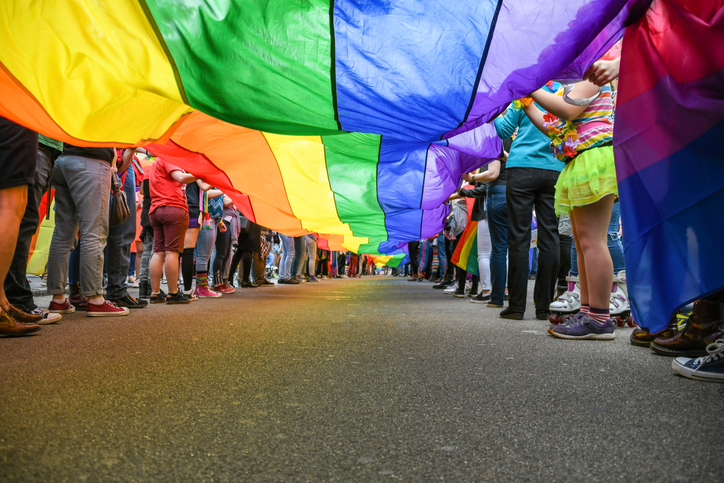Good Governance and Human Rights
For the people...
How would you rate the relationship that you have with your government; the extent to which you can rely on them to provide for things such as security, justice, education, health; to uphold policies that reflect the best interests of its people and maintain a transparent, inclusive and participative operational structure? These questions relate to a concept that is called ‘Good Governance’ and they are likely to be answered differently between members of neighbouring countries, let alone neighbouring regions, particularly in the developing world.
...by the people
Unfortunately, many countries are still struggling with both concepts, particularly those countries emerging from violent conflict. Within our Consulting Group, we have the capacities of one entire company and departments of another that work on strengthening the way in which states operate, provide services to their citizens in a way that nourishes transparency, inclusivity and citizen participation – with special attention to the promotion of Security and the Rule of Law. Continue reading to learn more about several of our focus areas.
Equal Rights for All
The glue that holds all of the nearly 200 states around the globe together, in fact makes their existence possible at all, is a network of national and international laws and regulations. Although they might be limiting at times, quintessentially, they exist to protect and equalize society by establishing a level playing field. In theory, every person should, in the first place, be able to present a suffered grievance before a court. In theory, the application of the law should be reasonably predictable, with equal crimes receiving equal punishments. In practice, however, even what the fortunate see as unalienable human rights, including life, liberty, and the pursuit of happiness, only mean something if those in power allow it.

Protecting Human Security
The state's responsibility to protect its citizens' security is one of the most fundamental points in their social contracts. The modern understanding of what it takes to safeguard a person's security goes beyond the state's prevention of external threats to itself. What is called 'human security' includes notions such as, for example, economic, physical, and food security, on the grounds that their absence can undermine peace and destabilise states. It is only natural that the approach to security develops, as its operational framework also develops. We have to think of new integrated solutions to combat phenomena such as environmental or cyber crime which, despite being relatively new, will continue to play an increasing role in our everyday lives.

Democracy & Governance
As part of the social contract that exists between the various layers of government and their citizens, certain powers are willingly bestowed upon government officials and institutions in return for them to implement laws and policies that reflect the best interest of the population as a whole. Through their delegation of tasks to different branches or even private organisations, governments become stronger and more resilient to setbacks. With all the tasks that are delegated to the state, establishing and maintaining a well-functioning democratic government is already a monumental task if the resources, trained manpower and bureaucratic infrastructure are available. Governments of countries in development or emerging from conflict require special care, as they often lack one or more of these components and the breakdown of even one sector can dangerously destabilise their states.

Social affairs
The management of social affairs by the government is one of the key indicators of how well a community functions. Participation in any society means having to compromise. On the one hand, the goal is to support members of society that are weaker at certain aspects, while on the other hand, improvement of the overall collective develpoment has to be ensured. Participation in any society means having to compromise, with the aim of supporting members that are weaker at some aspects on the one hand, while improving the overall development of the collective on the other. Together with the government, we have a shared responsibility to promote social inclusion and guarantee quality education and full employment for all members of our society. Living together with people from diverse backgrounds, convictions, sexual orientations, religious practices or gender identification, entails compromising based on tolerance and, most importantly, respect.



